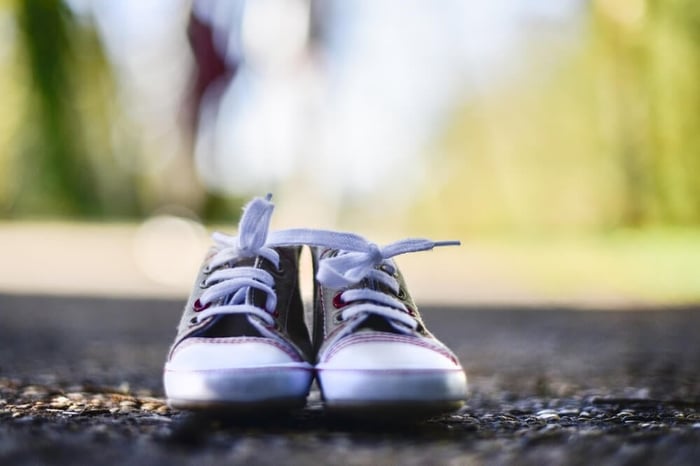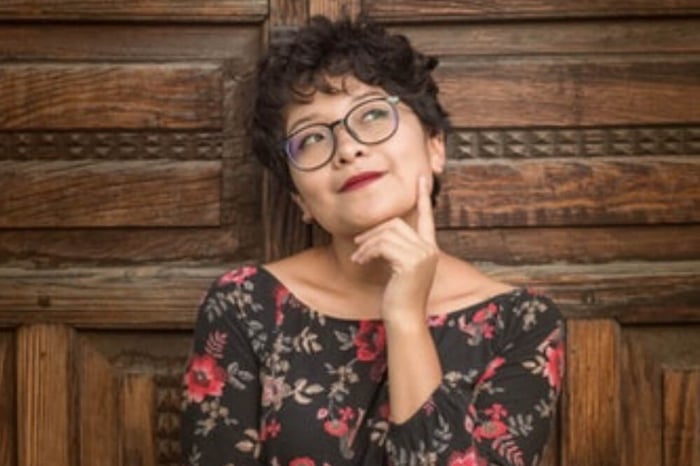
Make your personal statement stories powerful
As a medical school applicant, you are asked to describe and reflect on your experiences throughout your personal statement, your secondary application questions (for American and Canadian schools), and then in your interview. The way you discuss your experiences is at least as valuable as the experiences themselves, if not more so. This short guide aims to help you prepare your stories and anecdotes for integration into your written application or for preparation of your medical school interview.
" Every applicant has high grades, healthcare shadowing, and volunteer experience. Making your story powerful is how you stand out."
A good anecdote
Contrary to what many applicants think, a good anecdote does not depend on what you did. It depends on what you have to say about what you did. Applicants often ask me if they should use a particular story in their answer. Well… it depends. A story about studying for an exam may seem uninteresting at first but can be a great anecdote when the narrator (you) adds in your motivation for it, the way you organised yourself, and why you did it in this particular way rather than another way.
Make it powerful
If you include your thought processes, your feelings, emotions, and how you developed as a person, you can make any story powerful. The following example is not to be used in a personal statement but it is great to illustrate the point that using our model, you can make any story powerful:
Think about a child learning to tie his or her own shoelaces.
This is a simple skill that most of us have the ability to learn when we are young, but it is a big achievement in our development. If I wrote, ‘I learned to tie my shoelaces when I was five’; it would not make such an impact as if I were to describe it thus: ‘I remember my first pair of shoes with laces. They were sturdy black school shoes and I thought they were the most beautiful things I’d ever seen. I had just turned five and I wanted so much to prove I was grown-up enough to put them on myself. I remember spending time with my dad on our front step, watching him show me the different techniques to tie laces, and practicing as much as I could.
When I eventually succeeded, the sense of pride and accomplishment was overwhelming. I felt as though I could learn anything. The bar of chocolate I received as a reward also went down well! My confidence was boosted and I was ready to tackle my next challenge – the alphabet. Looking back now, as an adult, what I value most about this experience was spending time with my father. I am inspired by the patience he showed, and I try to exemplify that in my work with young people today.’
Ask yourself these questions
Most applicants I meet tell me they have good patient stories ready, but when I ask them questions to dig a little deeper, it becomes apparent that they do not have that much to say about some of them. For each of your stories ask yourself the following and spend time discussing the answer to each of these questions with someone.
- What point are your trying to make with this anecdote?
- What was the relevant context?
- What information about the context are you giving that is not necessary to make your point? I.e. what can you cut down on to save words?
- Why did you choose to do what you did?
- How did you do it?
- What did you do?
- Did it impact others? or yourself? …and describe that impact
- How did you feel before, during, and after?
- When you look back at the situation now, what are your emotions and thoughts towards it?
- Would you do anything different now because of this experience, or because you have learned something else since then?
- Have you gained any skills that will make you a good doctor from it, or that you think are valuable as a doctor?
- Has this experience helped you get a better understanding of Medicine as a profession or of the healthcare system?
- Has this experience increased or reinforced your motivation to be a doctor?
This level of details may seem a little daunting, but specific and personal stories do make the best answers in written applications and at the interviews. We can help you in all phases of writing your personal statement, contact us today!




